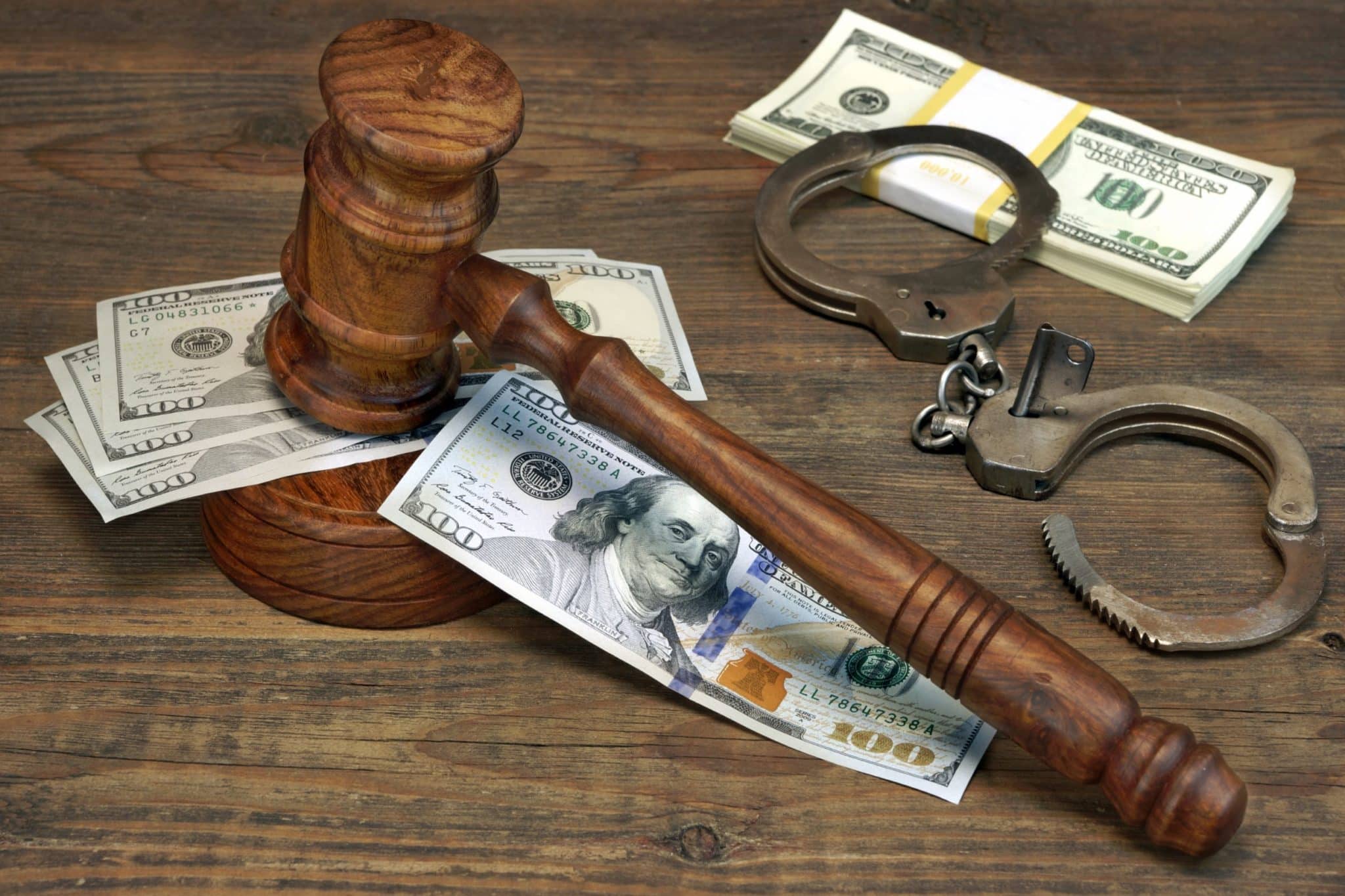Those who are elected to public office in this country take what is called “an oath of office.”
They are given responsibilities and have the trust of the public that elected them. When they fail
in their responsibilities and break that delicate trust by committing a crime, it rocks a
community.
One mayor from South Texas has recently been charged with federal bribery crimes and fraud –
for his alleged part in a scheme to fraudulently obtain property from the school district in his
area. If he is convicted, he will face up to 10 years for each count, which makes these crimes
very serious for his future. He has pled not guilty to the charges.
Federal bribery and fraud charges are serious. It’s important, if you are placed in a position of
trust, to understand what constitutes these crimes, so even a hint of impropriety can be avoided.
Read on to find out more about what these crimes entail and the penalties anyone can face if
found guilty of them.
Federal Bribery: What Is It?
When someone attempts to offer or actually offers money, gifts, or anything of value in
exchange for influence over an official act, then it’s considered bribery. Bribery is something
that is normally prosecuted at the state level, but it can also be prosecuted as a federal crime. In
the United States, it is a crime to both offer and receives a bribe.
Some examples of bribery include offering money to the police in exchange for not getting a
ticket or paying a judge to give you a more lenient sentence. On a federal level, public officials
cannot either indirectly or directly seek, agree to accept, accept, or receive something of value to
them personally in return for influence over an official act.
The Federal Penalties for Bribery
If you are convicted of bribery at a federal level, then each act can result in up to 15 years in
prison, fines for up to three times what the value of the bribe was, and the disqualification of
holding any office in the United States that has trust, honor, or profit.
Federal Fraud: What Is It?
Federal fraud is defined under federal law as intentionally or knowingly doing any of these
things:
● Devising a scheme, concealing, falsifying, or covering up a device of material fact
● Making a representation or statement that is fraudulent or false
● Using or making any type of false document or text with the understanding that it
contains false, fraudulent, or fictitious statements or entries.
Penalties for Federal Fraud
If you are found guilty of federal fraud charges, you face some steep penalties depending on the
type of fraud you commit. Bank fraud, for example, can send you to prison for as many as 40
years and make you responsible for fines of as much as $1 million. Wire fraud can send you to
federal prison for 20 years and make you responsible for fines of up to $1 million, as well.
Whatever type of fraud that forms a person’s conviction is serious. It can result in lengthy prison
time and steep fines.
If you are accused of bribery or fraud, don’t forget that you have rights. This is why you need an
experienced attorney to help make sure your rights are upheld and aid you in formulating a good
defense.





